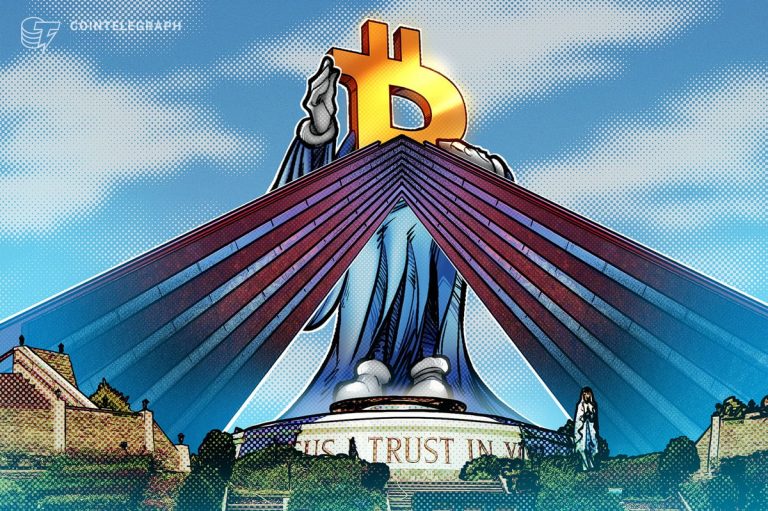Key Takeaways
- El Salvador has adopted Bitcoin as legal tender, allowing its use for goods, services, taxes, and debts starting September 7.
- President Nayib Bukele anticipates significant benefits, including financial inclusion for the unbanked population and attraction of investments and jobs.
- Concerns persist regarding Bitcoin’s volatility, potential impact on financial stability, and adoption challenges due to low internet penetration and cryptocurrency education.
- The government plans to establish infrastructure, including 1,500 Bitcoin ATMs and a government wallet for instant Bitcoin-to-dollar conversions, to support adoption.
El Salvador’s Bitcoin Adoption: A Monetary Experiment
In a landmark decision, El Salvador has officially adopted Bitcoin as legal tender, a move that places it alongside the U.S. dollar. This new Bitcoin Law, which took effect on September 7, empowers Salvadorans to utilize Bitcoin (BTC) for a wide range of transactions, including purchasing goods and services, settling taxes, and paying off debts.
President Nayib Bukele has championed this adoption, highlighting its potential to significantly uplift the approximately 70% of the local population that currently lacks access to traditional banking services. Beyond financial inclusion, Bukele believes this initiative will serve as a catalyst for attracting foreign investment and generating new employment opportunities within the country.
💡 However, the implementation of the Bitcoin Law has not been without its share of apprehension and skepticism. Critics have voiced concerns about the inherent volatility of cryptocurrencies, suggesting that Bitcoin’s price fluctuations could pose a considerable risk to El Salvador’s financial stability. Furthermore, challenges such as low internet penetration rates and a general lack of understanding regarding Bitcoin and broader cryptocurrency concepts among the populace could potentially hinder widespread adoption.
Addressing Adoption Hurdles
To facilitate and encourage the uptake of Bitcoin, President Bukele has outlined plans to develop the necessary infrastructure. These plans include the deployment of 1,500 Bitcoin automated teller machines (ATMs) across the nation. Additionally, a government-issued digital wallet is intended to ensure that users can convert Bitcoin to U.S. dollars instantaneously, aiming to mitigate concerns about transaction speed and usability.
The critical question that remains is whether these measures will be sufficient for Bukele’s ambitious monetary experiment to achieve its intended success. To gain a clearer perspective, various stakeholders, including the citizens of El Salvador, alongside critics and proponents of the Bitcoin Law, have been consulted for their views.
For a comprehensive understanding, the full report from El Salvador is available for viewing on Cointelegraph’s YouTube channel.
Main Insights
El Salvador’s move to adopt Bitcoin as legal tender represents a bold experiment in financial policy. The government is actively working to build the infrastructure needed to support widespread use, aiming to overcome challenges like limited internet access and cryptocurrency literacy.
The success of this initiative hinges on balancing the potential benefits of financial inclusion and economic growth against the inherent risks associated with cryptocurrency volatility and technological adoption barriers.

